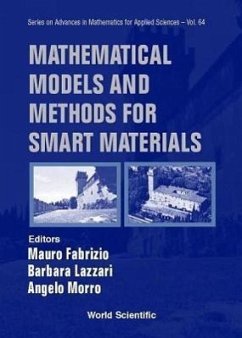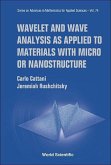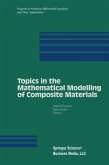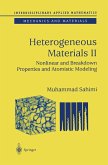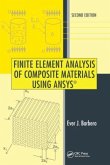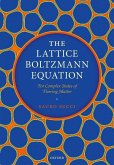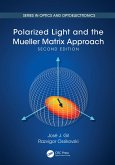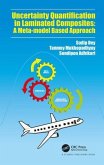This book contains the papers presented at the conference on "Mathematical Models and Methods for Smart Materials, " held in Italy in 2001. The papers are divided into four parts: "Methods in Materials Science" deals mainly with mathematical techniques fo the investigation of physical systems, such as liquid crystals, materials with internal variables, amorphous materials, and thermoelastic materials. Also, techniques are exhibited for the analysis of stability and controllability of classical models of continuum mechanics and of dynamical systems. "Modelling of Smart Materials" is devoted to models of superfluids, superconductors, materials with memory, nonlinear elastic solids, and damaged materials. In the elaboration of the models, thermodynamic aspects play a central role in the characterization of the constitutive properties. "Well-Posedness in Materials with Memory" deals with existence, uniqueness and stability for the solution of problems, most often expressed by integrodifferential equations, which involve materials with fading memory. Also, attention is given to exponential decay in viscoelasticity, inverse problems in heat conduction with memory, and automatic control for parabolic equations. "Analytic Problems in Phase Transitions" discusses nonlinear partial differential equations associated with phase transitions, and hysteresis, possibly involving fading memory effects. Particular applications are developed for the phase-field model with memory, the Stefan problem with a Cattaneo type equation, the hysteresis in thermo-visco plasticity, and the solid-solid phase transition. Contents: Automatic Control Problems for Integrodifferential Parabolic Equations (C Cavaterra);Phase Relaxation Problems with Memory and Their Optimal Control (P Colli); Unified Dynamics of Particles and Photons (G Ferrarese); Solid-Solid Phase Transition in a Mechanical System (G Gilardi); KAM Methods for Nonautonomous Schrodinger Operators (S Graffi); Fractional Diff

